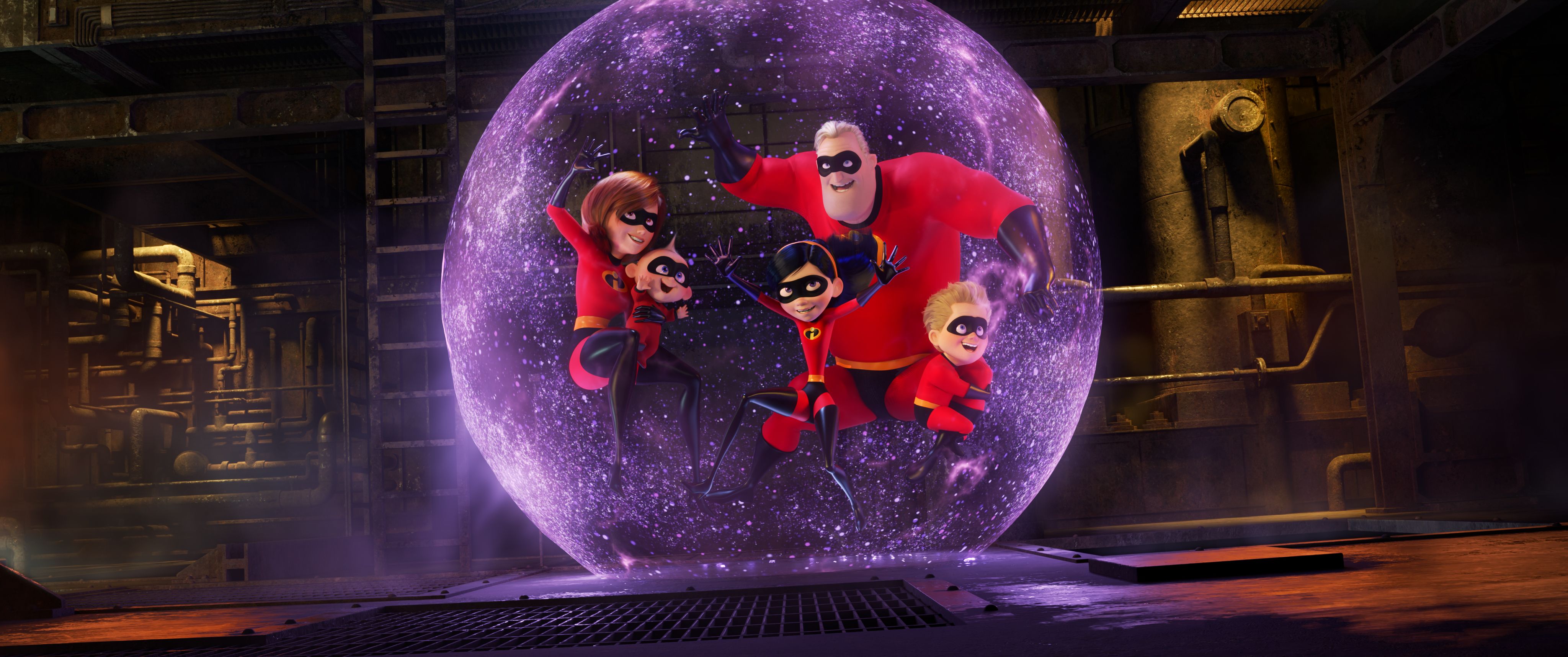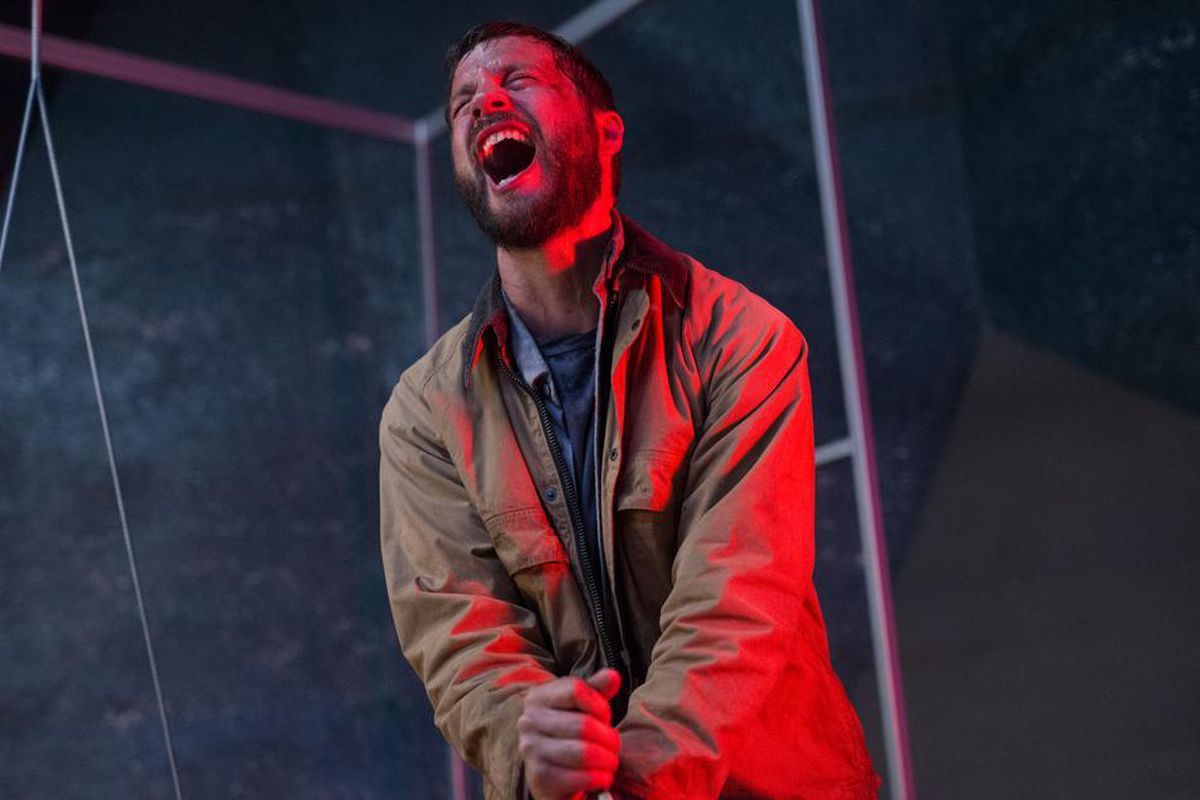I'm sure we'll see worse films than Sicario: Day of the Soldado this year. But few will be as uncomfortable. Denis Villeneuve's original walked a tight line between exploitation and exasperation as a drug war thriller made of somber disillusionment and sorrowful contemplation of violence. Its sequel, having ditched Emily Blunt's conscience character, gestures in the direction of complicated cognitive dissonance from time to time, but is from beginning to end a total failure of moral and political imagination. Coming from the same screenwriter as the first, Taylor Sheridan's writing loses its suffusion of soul sickness. This is an incoherent text, effectively crafted for suspense and sick thrill of squibs and process, but building from ugly assumptions and getting a stomach-churning kick out of its bloody violence. Worst of all, there are passages of Sicario 2 that are as slobberingly racist as any you're every likely to see. It opens with a horrifying sequence: terrorists sneaking across the U.S./Mexican border and blowing themselves up in a Kansas grocery store. It's a Fox News fantasy vividly acted out, a drooling white supremacist daydream of bad brown people swarming over the border compelling a bloodthirsty response from the pasty suits and sunburned grunts ready to enact righteous violence. The movie is so thoughtfully, expertly constructed on a level of craft - director Stefano Sollima orchestrating tense firefights and car chases, crisply photographed by Dariusz Wolski - that its ill-considered content is all the flimsier, and unforgivable.
The film quickly hopscotches between Somalia and Mexico, tracing a returning DEA agent (Josh Brolin) on his circuitous path to pinning the act on a kingpin and receiving permission from the government to secretly cross the border and start an inter-cartel war. To do so, he calls in Benicio del Toro who walks in as if from a better movie and threatens to make this one watchable. That the movie manages to claw itself to a stasis that's relatively compelling is quite a feat, but starting within a place of such nasty prejudice and fevered feeding of some of our country's most deplorable citizens' worst ideas forever marks the rest as inescapably incoherent. Sure, the agent played by Catherine Keener has a monologue where she snarls that the president is cowardly, and more worried about getting impeached than micromanaging targeted killings in foreign lands. And the plot proper kicks in when Del Toro saves a Mexican girl (Isabela Moner) who has been kidnapped from her father by the Americans as a pawn in a political game. But the entire thrust of the film is built on the backs of dead Mexicans, gunned down in each and every action sequence, the only expendable characters in the entire narrative. They're flung back with brutal splats, bodies left piled high. Other Latinx supporting characters - even a Mexican-American middle schooler who is almost entirely tangential to the story - have their entire purpose built in relation to crime. There's a perfectly fine, tense little suspense picture underneath all these stereotypes. But it is precisely these unexamined ideas, used here as mere fuel for summer entertainment, that have poisoned our society for so long.




